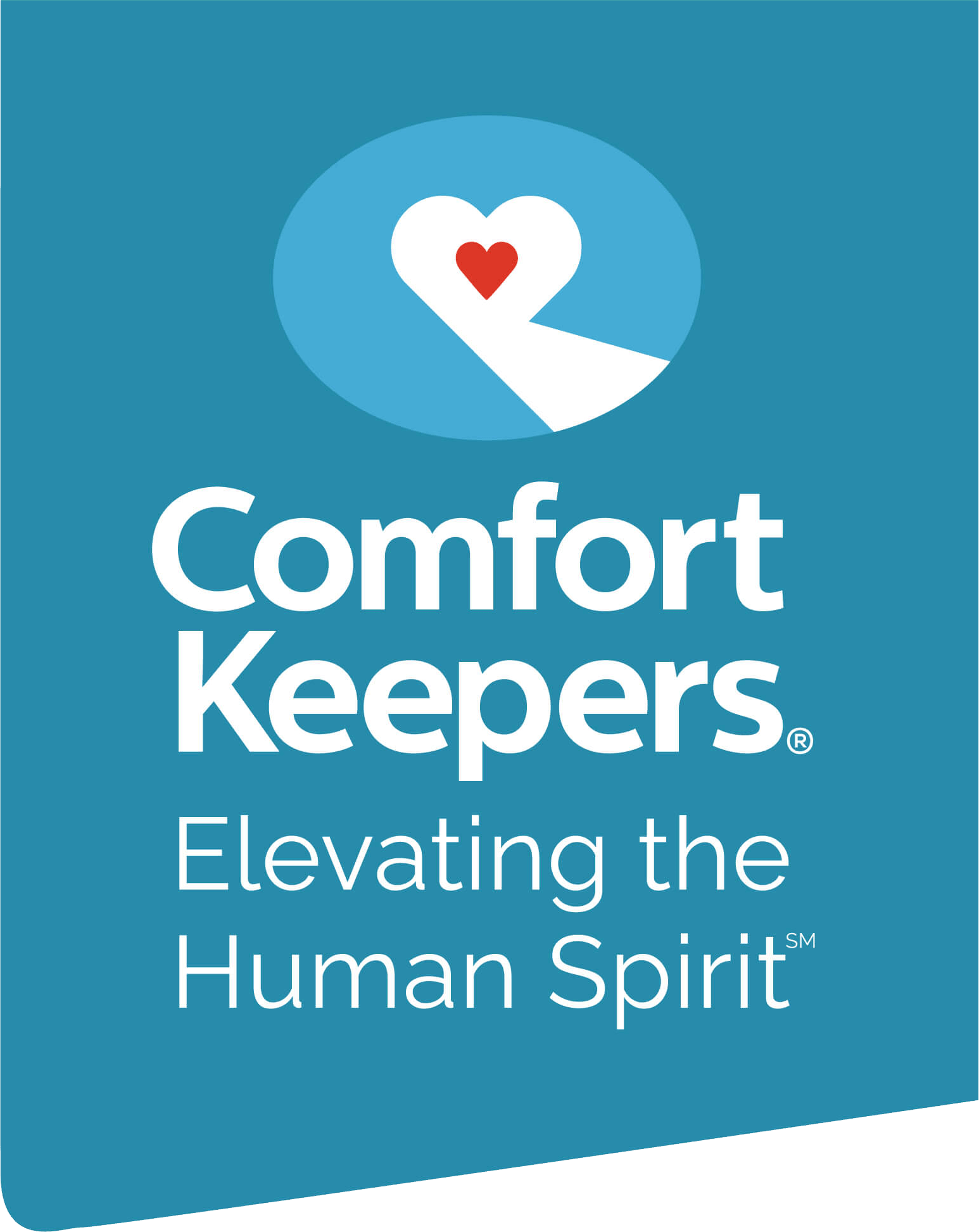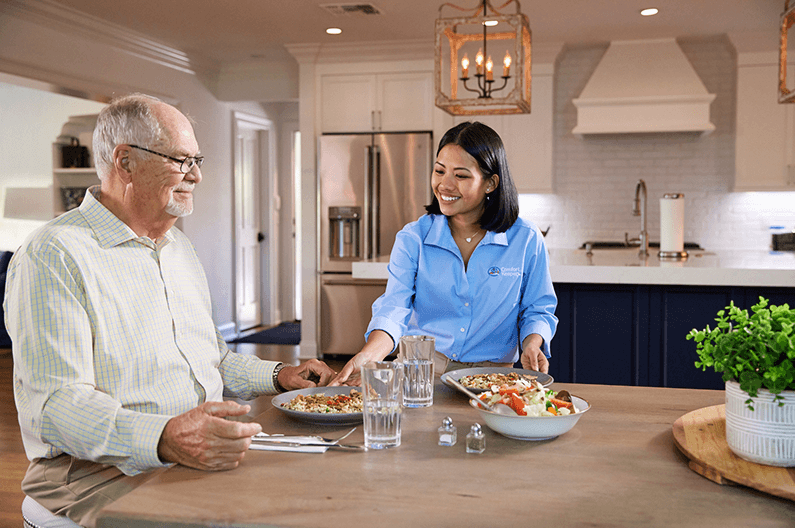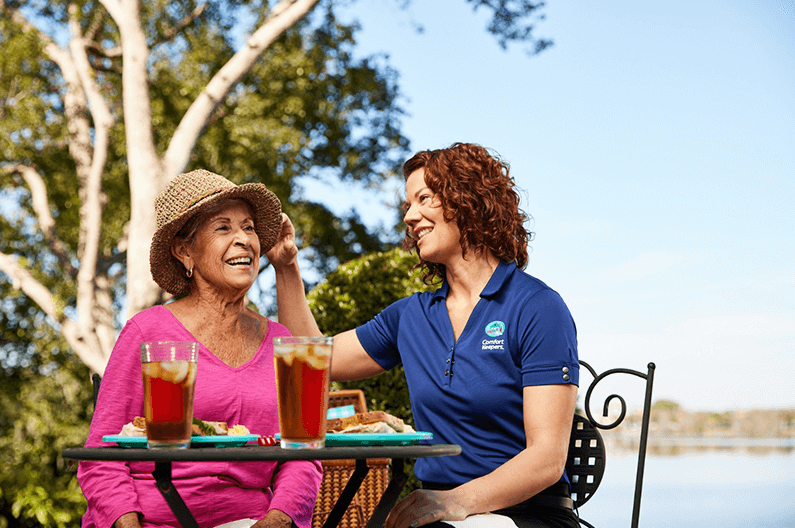
About Comfort Keepers
Comfort Keepers in-home care for seniors and other adults in need of assistance with activities of daily living. Our highly trained and dedicated caregivers can help your loved one stay in their home for as long as safely possible—a dream come true for many elders.

Care Services
Comfort Keepers Home Care Services

Areas Served
Uplifting In-Home Care Services for Seniors & Other Adults Right Where You Need It. Comfort Keepers of Halton Hills, Guelph, Milton and surrounding areas.

Contact Us Online
We understand that not everyone prefers to communicate over the phone, so we offer a convenient contact form to tell us more about your situation and communicate via email.
Seniors at Greater Risk for Chronic Dehydration
Home > Senior Care Blog > Seniors at Greater Risk for Chronic Dehydration
News you can use | July 3, 2024

Staying hydrated may seem like a straightforward proposition: you get thirsty, you drink. However, particularly for seniors, it is not always this simple. Seniors are at a higher risk for dehydration than younger adults. In fact, one study showed that up to 48% of seniors were dehydrated upon admission to the emergency department for other issues. Very often it is not even obvious that the senior is chronically dehydrated because he or she may not show any clinical symptoms, such as increased thirst, dry mouth, dizziness, weakness, headache, constipation, or fatigue. That is why at Comfort Keepers we have come up with a list of things to keep an eye on:
Why are seniors at a higher risk?
Many factors come into play. For starters, as people age, the water content of their bodies diminishes. Older adults also do not feel thirst like younger adults: their thirst signals are not as active. Other reasons include the following:
- Seniors may be taking diuretic medications for certain conditions that may rid the body of salt and water.
- They may intentionally limit fluid intake because of incontinence or embarrassment over having to use the bathroom too often.
- They may have mobility issues that prevent them from getting up and getting something to drink, and they may be too embarrassed to ask for help.
- They may have chronic conditions, such as diabetes, that put them at a higher risk for dehydration.
- Seniors with dementia may not remember to drink.
According to Bennett, J.A., Thomas, V. and Riegel, B. (November 2004). Unrecognized chronic dehydration in older adults: examining prevalence rate and risk factors. Journal of Gerontological Nursing, Dehydration has serious consequences for older adults, including increased risk of illness or death. The impacts of dehydration can be severe. Dehydration can affect the way the body metabolizes medications, making them less effective. This can be a critical problem for those who depend on those medications for their health and wellbeing. Dehydration can also exacerbate other medical conditions, cause kidney stones and urinary tract infections, compromise the immune system, cause delirium, impair cognition and memory, cause weight loss, and increase the risk of death.
Friends, family, and caregivers can help seniors stay hydrated through constant monitoring. Typically, an adult should get about 2000 milliliters of fluids a day, which is about eight 8-ounce cups of water. Fluid intake, though, can come from food sources, such as soups or fruits and vegetables with a high water content, such as cucumbers, raw celery, raw tomatoes, and melons. Other ways to ensure seniors are getting an adequate amount of fluids include

- regularly offering beverages that the senior likes,
- ensuring that water is within reach all day so the senior does not need to ask for it,
- providing cups with handles or straws to help seniors who have physical limitations,
- offering smaller beverages more frequently so it does not seem overwhelming to finish a serving, and
- minimizing caffeinated or sugary beverages since too much of either caffeine or sugar can actually increase dehydration.
Hiring a professional caregiver who is familiar with the needs of seniors can also help. Professional caregivers can help monitor what the senior is eating and drinking and can make fluids readily accessible to help keep the senior hydrated. To learn more about how professional caregivers can help, contact our Comfort Keepers® office today.
Share This Post: